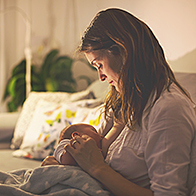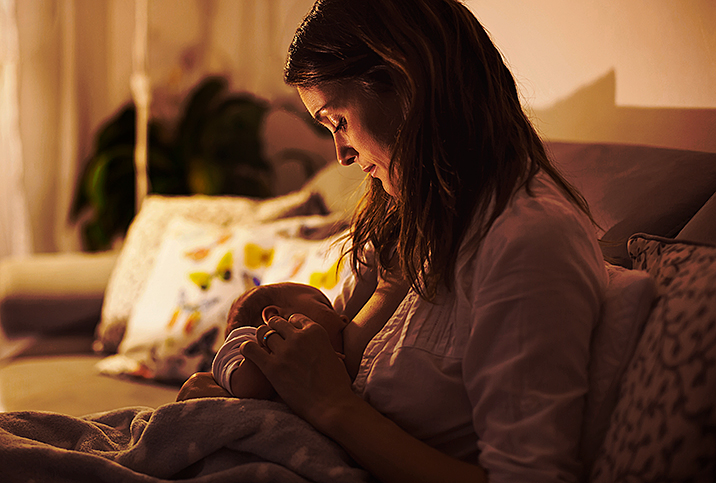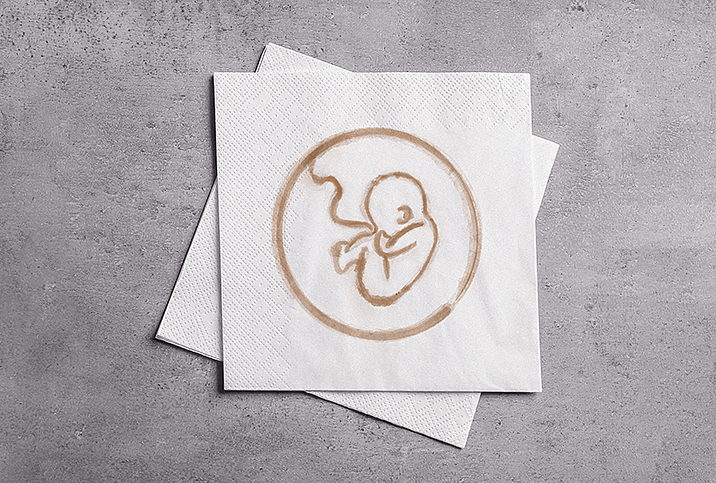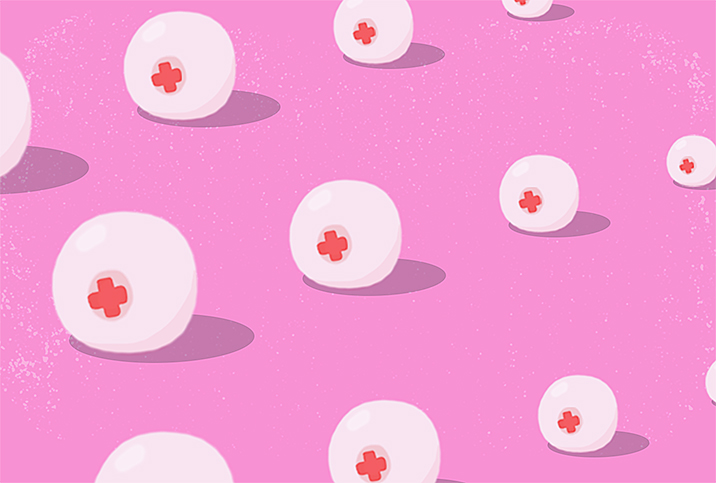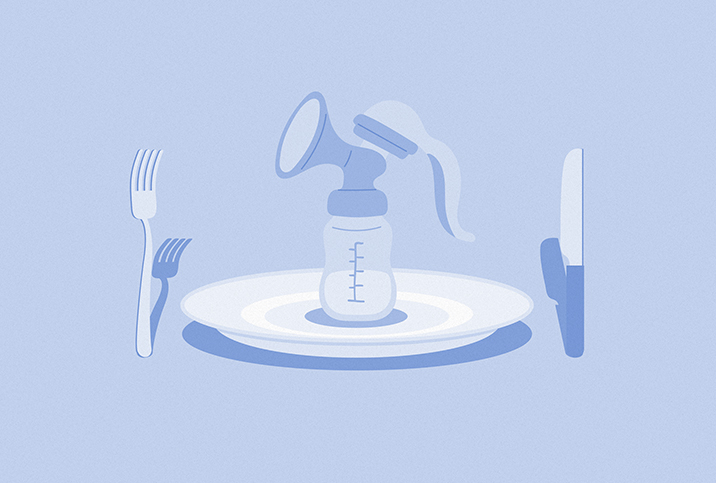Can I Take the Plan B Pill While Breastfeeding?

It is possible to get pregnant while breastfeeding, despite what you may have heard otherwise, but getting pregnant again that quickly isn't generally recommended.
"The guidance is that women should give their bodies time to recover from giving birth, and the usual time recommended is 18 months, as otherwise, this can increase the risk of pregnancy complications to both the baby and mother, including premature birth," explained Hana Patel, M.B.B.S., a general practitioner and mental health coach in South London.
So it's important to use a method of birth control if you're sexually active in the months after giving birth, even if you're actively breastfeeding. Life is unpredictable, no matter how you try to plan. If you've had unprotected sex and want to avoid becoming pregnant, you may consider taking Plan B or another emergency contraception pill, commonly known as the "morning after pill."
But, is it safe for people to take Plan B while breastfeeding? We spoke to several physicians to find out.
How does taking the Plan B pill work?
Plan B One-Step is an emergency contraceptive that's commonly used when another contraceptive method fails or after unprotected sexual intercourse.
The key ingredient in Plan B is levonorgestrel, which prevents ovulation (it stops the release of an egg from the ovary), thereby preventing an unintended pregnancy.
This form of emergency contraception has a success rate of 95 percent for protection against pregnancy if taken within 24 hours of having sex. Even if Plan B is taken within 72 hours of unprotected sex, it's still approximately 89 percent effective. The effectiveness lessens after 72 hours, so it's important to take Plan B as soon as possible after sex without birth control or if birth control failed.
The effectiveness also may decrease for people who weigh more than 165 pounds, and the contraceptive may be ineffective for women weighing more than 175 pounds, though there is no weight limit stated on the Plan B label in the United States. Research on Plan B and weight limits is conflicting and limited.
How often can I take the Plan B pill?
Plan B is safe for occasional use, such as after a birth control failure, but it remains unclear if regular or long-term use can cause adverse effects. More research is needed. The limited research available does not indicate Plan B is harmful if used frequently, however, frequent use is not recommended by healthcare professionals. There are a couple of reasons for this.
The morning after pill's success rate of 95 percent is lower than other birth control options, such as the intrauterine device (IUD), the Depo-Provera shot, the implant and birth control pills. This means there's a much higher chance of an unwanted pregnancy when using Plan B instead of these other forms of contraception.
Anyone who is using emergency contraceptive pills regularly as birth control should speak to their doctor about the many alternatives available, Patel advised. She stressed that Plan B should be used only for emergencies and should not be used regularly for contraception because it can cause emotional distress and uncomfortable side effects.
Common side effects of this emergency birth control method, include nausea, irregular bleeding, headache and breast tenderness, but should subside after 24 hours.
Patel also advised people to speak to a doctor before taking Plan B, especially if they have underlying health conditions that may be affected by taking a new medication. Additionally, if a woman is taking prescription medications, these may interact with the morning after pill and decrease its effectiveness.
Speak to your doctor about any concerns you may have, and they can offer a viable solution.
The Plan B pill is safe to take for breastfeeding women
Can women take Plan B while breastfeeding? The answer is yes, affirmed Amy Roskin, M.D., a board-certified OB-GYN and chief medical officer at Seven Starling, an online care center for postpartum mental health headquartered in New York City.
Most breastfeeding mothers can take Plan B without any adverse effects, apart from the usual side effects listed above.
Some breastfeeding women are concerned about the medication making its way into their breast milk and harming the baby, but Roskin said Plan B won't cause any harm.
While levonorgestrel does pass into a woman's breast milk, it's present in such a small concentration that it's unlikely to cause any harmful effects to the nursing baby, explained Jerome Chelliah, M.D., M.P.H., a board-certified OB-GYN and vice president of clinical operations at HerMD, a women's healthcare center based in Cincinnati.
Research shows that levonorgestrel does not affect the composition of the milk, the growth and development of the baby, or the breast milk supply. In fact, nursing can resume three to four hours after taking Plan B with no risk to the baby.
The half-life of levonorgestrel is about 24.4 hours.
"An average person will have eliminated about 50 percent of the levonorgestrel from their system in a little more than a day after taking Plan B," Roskin explained. "Overall, it takes about five days to be completely cleared from your system."
But again, the amount that makes its way into your breast milk supply is negligible and unlikely to cause any harm.
If you're still worried, you can temporarily switch to formula until the medication is out of your system. This may give some women peace of mind, Chelliah said, but it's really not necessary. If you are unable to switch to formula, don't worry. This should not prohibit you from taking Plan B.
Talk to your doctor about birth control options
There's a possibility of getting pregnant as soon as three weeks after giving birth. If you are trying to avoid an unwanted pregnancy, speak to your doctor about regular birth control methods.
While some hormonal birth control options aren't recommended, many others are perfectly safe. If you are breastfeeding, you should avoid any type of birth control that contains estrogen, such as the combined pill, Patel advised. The hormonal coil, the Depo shot and the progestogen-only pill, also known as the "mini-pill," are all safe forms of birth control.
Nonhormonal contraceptives, such as condoms, diaphragms and the copper IUD, are also generally recommended. Speak to your healthcare provider to discuss the birth control choices available to you while you breastfeed.







